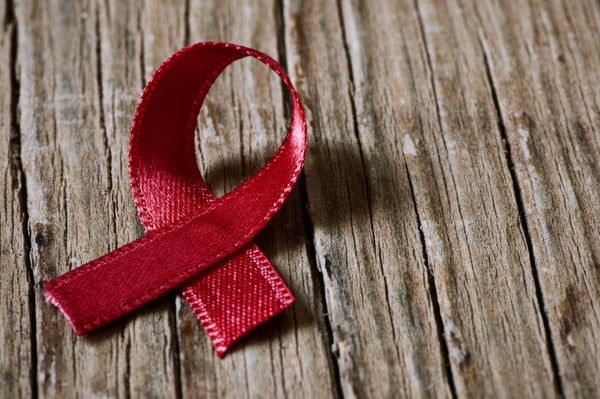New Approach Cuts Odds for Anal Cancer in People With HIV

THURSDAY, June 16, 2022 (HealthDay News) -- Treating precancerous anal growths in people with HIV slashes their risk of anal cancer by more than half, according to a new study.
Researchers found that treating these growths — called high-grade squamous intraepithelial lesions (HSIL) — is a safe and effective way to reduce the risk of anal cancer.
"We've now shown for the first time that treating anal HSIL is effective at reducing the incidence of anal cancer in a very high-risk group of people — people living with HIV," study leader Dr. Joel Palefsky said in a U.S. National Cancer Institute (NCI) news release. Palefsky is with the University of California, San Francisco.
The trial included nearly 4,500 people with HIV across the United States who were diagnosed with these precancerous lesions during an anoscopy, a procedure to examine the inner lining of the anus and rectum. Participants, who were 35 and older, were randomly assigned to receive treatment or active monitoring with no treatment.
Most of those who received treatment underwent electrocautery, in which heat from an electric current is used to destroy abnormal tissue.
After a median follow-up of just over two years, anal cancer had been diagnosed in 21 patients in the active monitoring group, compared with nine patients in the treatment group — a 57% difference.
Most side effects in the treatment group were mild and included pain and bleeding, according to the cancer institute-funded study. The findings were published June 16 in the New England Journal of Medicine.
"By showing that treatment for HSIL reduces the risk of anal cancer, this study also provides a rationale for screening for anal HSIL in people with HIV," said Dr. Robert Yarchoan, director of NCI's Office of HIV and AIDS Malignancy.
Anal cancer is relatively rare in the general population, but is the fourth most common cancer among people living with HIV, according to the NCI.
Nearly all cases of anal cancer are caused by infection from human papillomavirus (HPV). HPV vaccination can prevent anal HPV infections, but there are no evidence-based recommendations on screening for and treatment of anal HSIL.
The study findings highlight the need for additional training of health care providers, as well as more research on effective methods for screening and treating HSIL, Palefsky said.
More information
The American Cancer Society has more on anal cancer.
SOURCE: U.S. National Cancer Institute, news release, June 15, 2022
Related Posts
El riesgo de problemas de la vista aumenta en los niños con diabetes tipo 2
JUEVES, 9 de diciembre de 2021 (HealthDay News) -- Una afección conocida como...
Eat Lots of Fish? Your Melanoma Risk May Rise
THURSDAY, June 9, 2022 (HealthDay News) -- You've added fish to your diet to eat...
Review Links Hearing Aid Devices With Reduced Cognitive Decline
TUESDAY, Dec. 6, 2022 (HealthDay News) -- For individuals with hearing loss, use...
Scent of a Human: What Draws Mosquitoes to People’s Skin
MONDAY, Sept. 26, 2022 (HealthDay News) -- Just as a person might be drawn to a...
